Danske Bank’s scandal to be taught worldwide through a teaching case from CBS

The CBS professors Bent Petersen and Michael Mol have made a teaching case revolving around the Danske Bank scandal. (Photo: Anne M. Lykkegaard)
Danske Bank is working on regaining trust and restoring their reputation. But how? This is the question that two CBS professors, Michael Mol and Bent Petersen raise in their new teaching case, which will be available shortly to students and universities worldwide.
It might be hard to see if anything useful will ever come out of Danske Bank’s money laundering case. At least, for Danske Bank. But there’s a benefit for students at universities worldwide.
CBS professors Michael Mol and Bent Petersen and student assistant Aron Kuisch have made a teaching case about Danske Bank’s scandal. A case that can be taught in many ways, but first and foremost asks students to come up with suggestions and a discussion on how the bank can regain trust and restore its image.
“With this case, we’re not looking back to understand how it happened; we look forward to figure out what the bank can do in the future,” says Bent Petersen (Department of International Economics, Government and Business), whose fields of research cover firm’s challenges when they operate in foreign and unfamiliar business environments.
Both Michael Mol and Bent Petersen have written cases before, and Danske Bank’s scandal had what was needed to make it into a relevant and international teaching case.
“It’s about a Danish bank, but it has international appeal. All students are accustomed to a bank. What would they think if their bank pushed criminal money around? And then the scandal touches on several different management dilemmas and challenges, which are useful for students to discuss,” says Michael Mol, who’s a Professor of Strategic and International Management.
He explains that it’s up to teachers to decide what they want to do with the case. They can incorporate different kind of theories, and, for example, focus on the responsibility of the management, look at the bank’s international affairs and how that has affected the situation, or they can look at how you create a new culture among employees to avoid future cases.
“This case touches on the themes of ethical management, and exposes the dilemmas and challenges of that. Also, cases about ethical issues are in high demand from students and teachers,” says Bent Petersen.
The case is in the final stages before being sent to Ivey Publishing in Canada, who will publish it and make it available to buy for universities and students, and teachers can get a free inspection copy. Michael Mol and Bent Petersen expect that it will be available after the summer break at the latest.
Not a made-up company case
The case has not been developed to be taught in a specific course or for a specific group of students. It’s easy to understand and read, but depending on the group of students, the case can incorporate different theories and thereby increase the level of difficulty. This means that bachelor students, graduate students and even post-graduates can make use of the case.
And then there’s another advantage.
“Since the case takes its point of departure from a real-life case there’s a lot of information and data for students to dig into if they want. They can check who said what about the case and use it when they write up their answers. You can’t do that with a ‘made-up’ company,” says Michael Mol.
The case provides suggestions on what can be done to restore the bank’s trust, but it’s up to the students to figure out how the suggestions can be implemented, and maybe come up with some better solutions themselves. And there are a lot of pitfalls, points out Bent Petersen.
“How do you make sure that good behavior is rewarded within the organization? Well, you can make compliance and whistleblower schemes an integrated part of the organization. But if the incentives don’t change, it’s tricky to change the behavior,” he says.
Michael Mol gives another example of questions that can be raised with the case.
“Danske Bank could implement a defense strategy and pull themselves out of the Baltic market to gain more control and restore trust. But can they just do that? And how could they identify the key markets that they should stay in?” he asks.



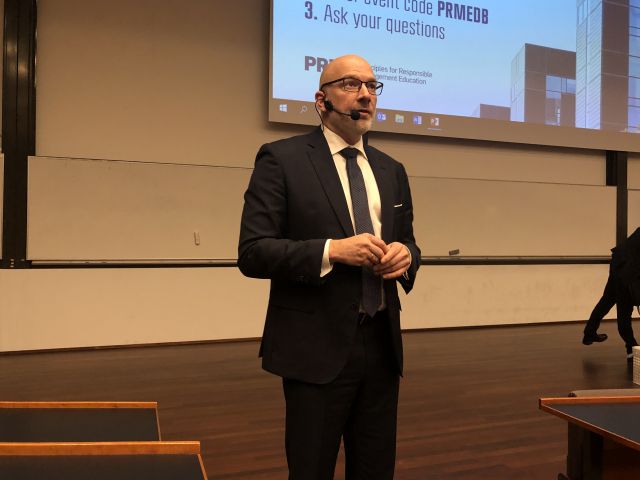

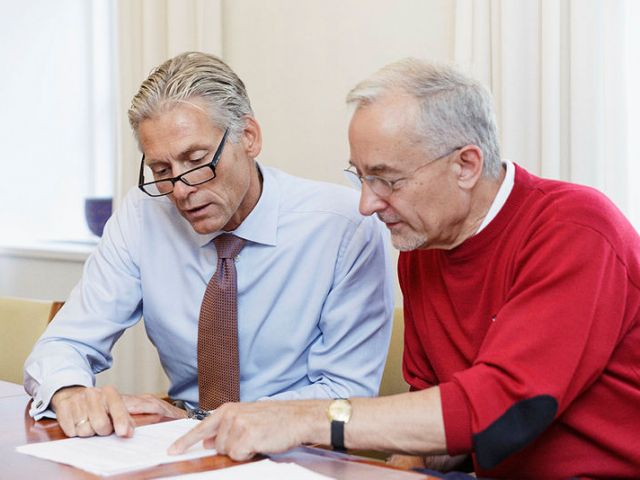
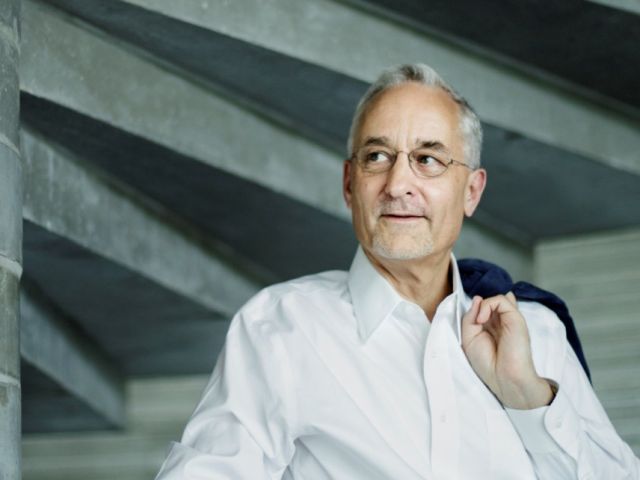
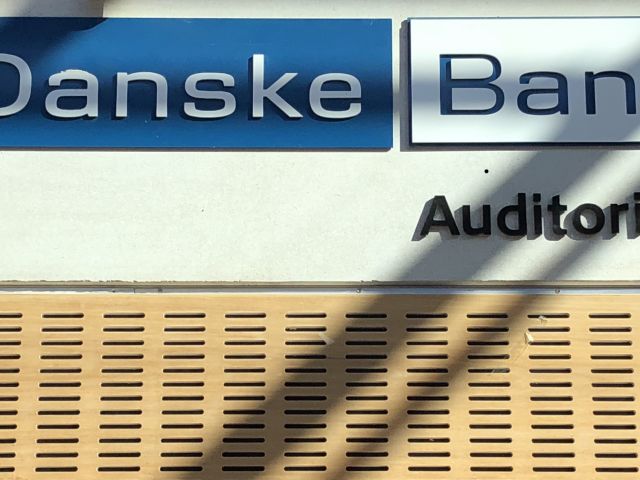
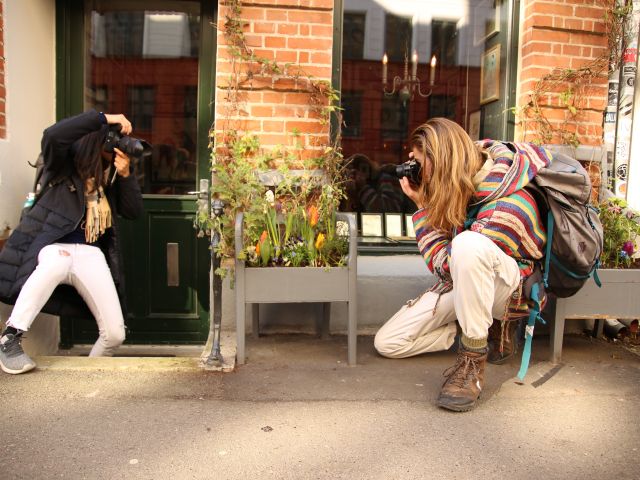
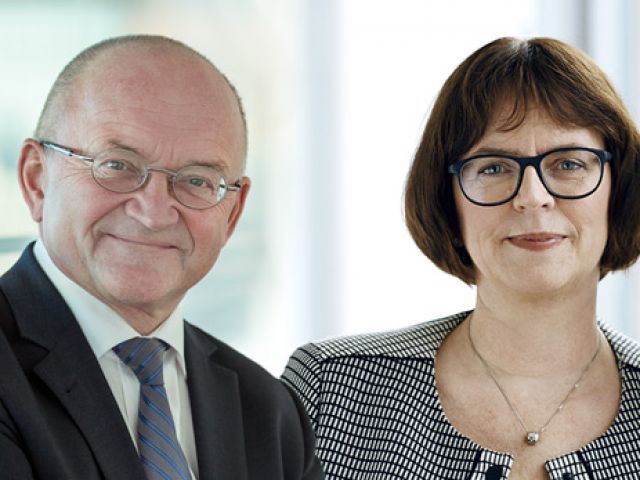




























































































































Comments